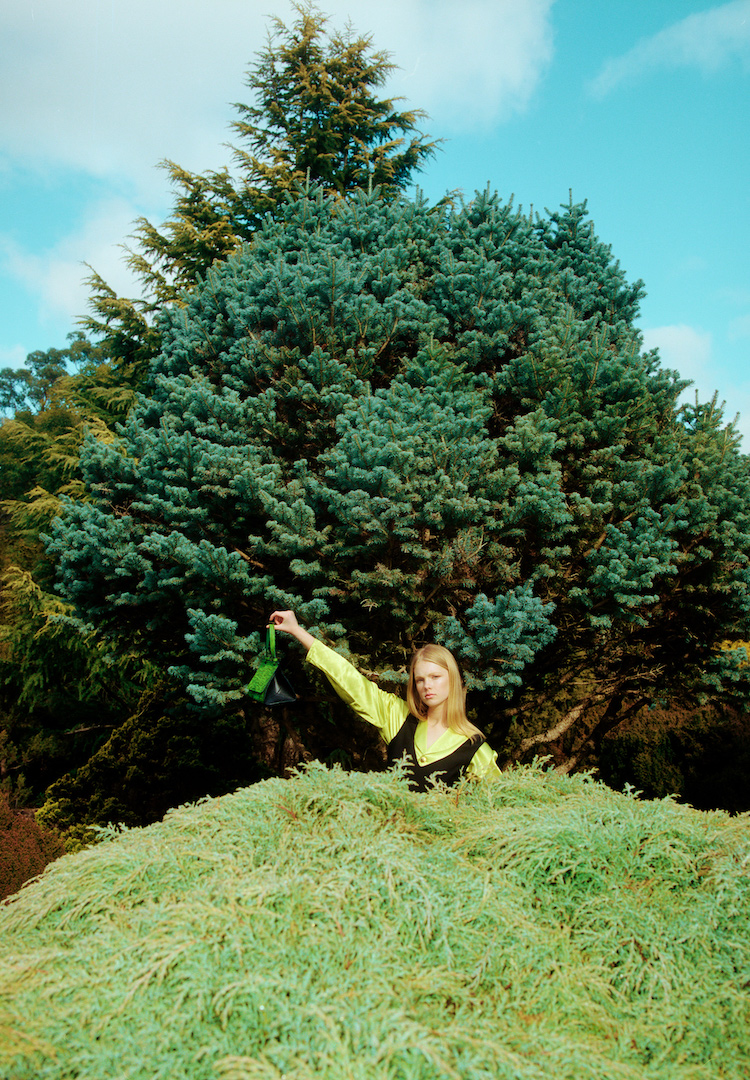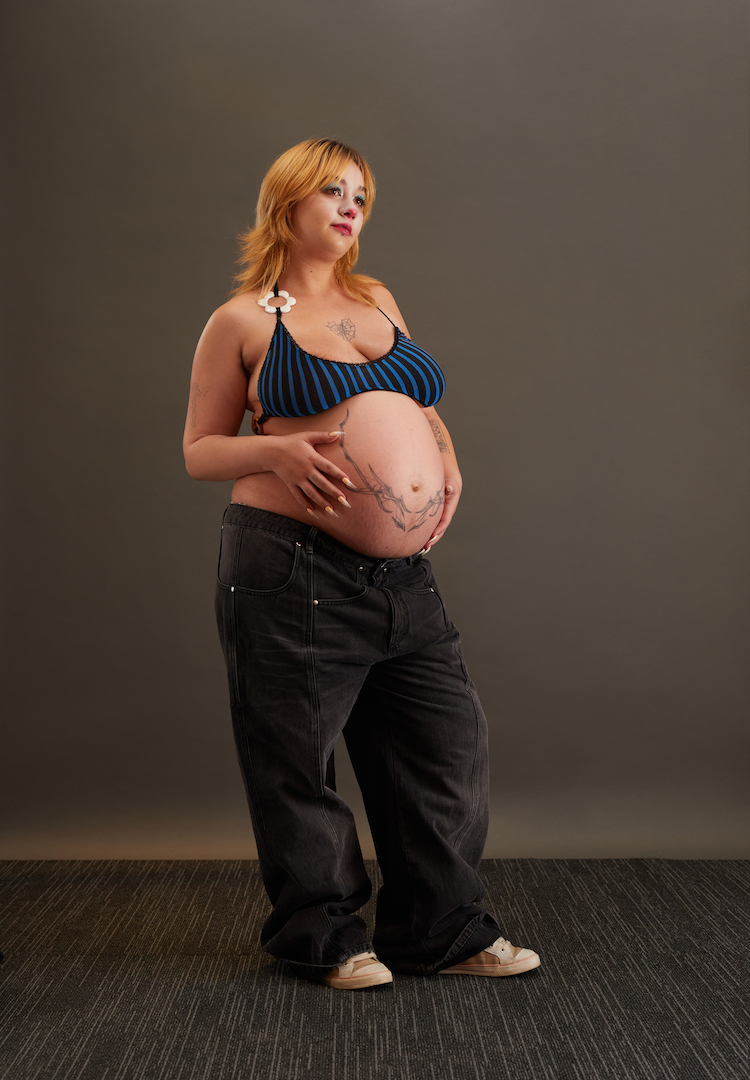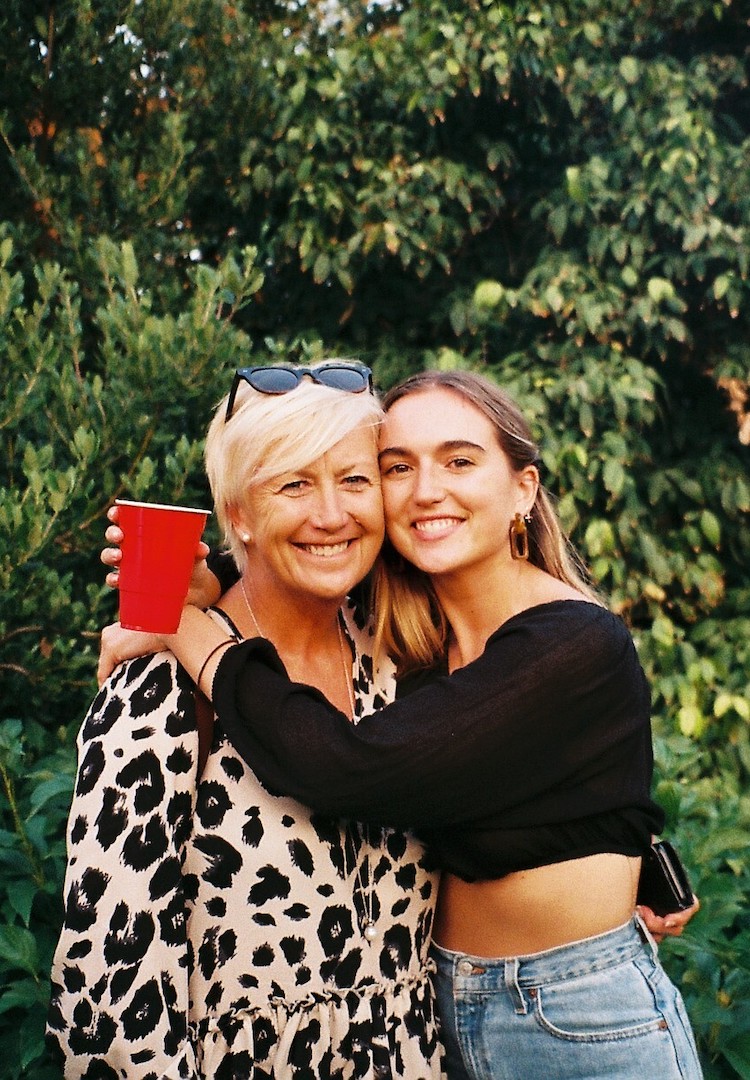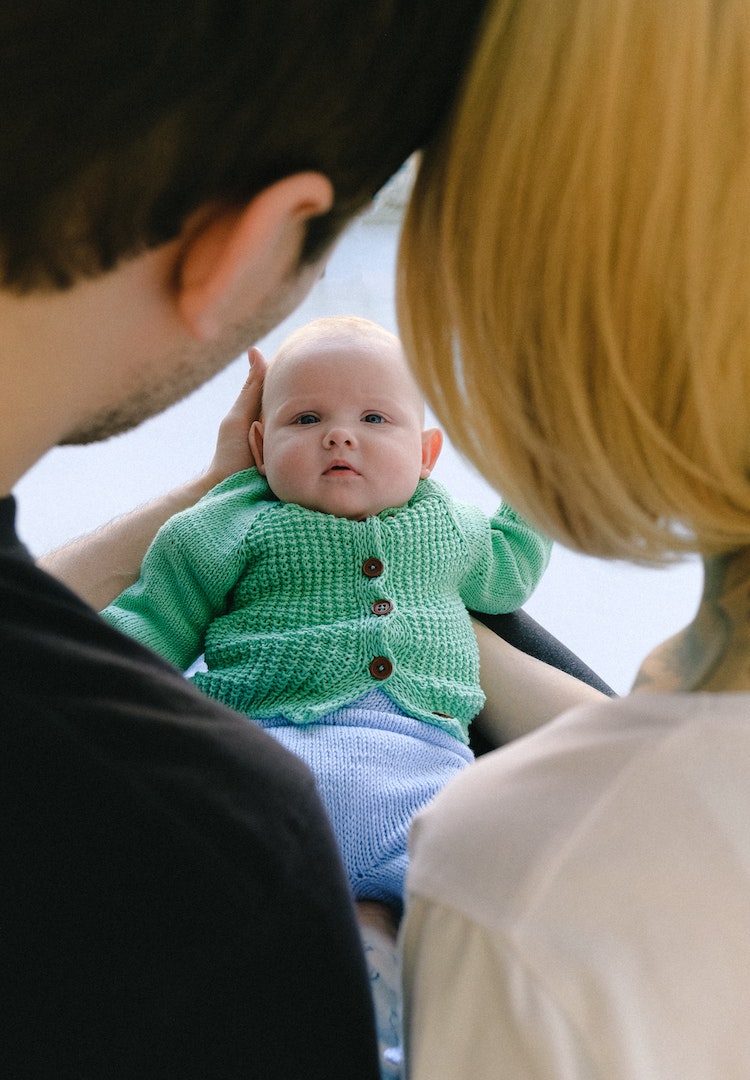I’m in my twenties, how am I meant to know if I want children?
IMAGE VIA KITH
WORDS BY SONIA BLAIR
“My answer of ‘I don’t know’ is met with a puzzling expression: confusion.”
Editor’s note: The scope of this article has been limited to focus specifically on cis women, not men or non-binary people, based on the societal expectations placed on cis women.
The value society places on becoming a mother permeates any and every plan women make, but how are you supposed to know if you want children when you’re still trying to navigate the start of your life?
Do you want children? Surely one day you do. It’s what your whole life is working towards. It will mean you have finally achieved it all.
If you’re a woman, that is.
Throughout history, motherhood has been equated to femininity – it’s been viewed as a woman’s basic mission in life and the most beautiful and natural profession she could undertake.
According to societal norms long recorded, women are mothers because it is what they have been for an eternity, meaning motherhood appears as a natural fact that is both uninteresting and self-explanatory. Women are here to be mothers, and one day, most women will become mothers themselves.
In our modern lives, we know this not to be as true, but it is still a heavily entrenched view in many cultures and communities.
What if we really don’t know what we want?
How are you supposed to know if you want children when you’re a twenty-something-year-old? We are expected to know what we will want in 10 years time, but simply trying to navigate this often chaotic and confusing decade of our lives leaves us with little time to figure this out (especially after this mess of a year).
I can’t answer for what my 30-year-old self wants any more than I can answer for my actions as a 10-year-old (why did I think making home-made singing videos and calling myself the Medley Artist was a cool thing to do?).
However, when answering the prying aunties, cousins or people I have just met wondering if I want children, my answer of “I don’t know” is met with a puzzling expression: confusion, fused with dismay and a peppering of worry.
As it stands, the idea of being ‘Mum’ to someone, frankly, terrifies me. While children themselves intrigue me with their natural optimism and curiosity, mothering and becoming entirely responsible for a living, breathing human works against how I live my life right now, and how I would ideally like it to continue.
I flourish under an independent, carefree environment where I can work on my craft and better myself. Maybe this is simply part of being in my twenties and trying to work it all out, but I thrive in this mode, and motherhood limits how much of this lifestyle you can embrace.
What scares me the most, I hear you ponder? That when you become a mother, that’s all you are: Mum.
I do not deny that becoming a mother, if you so wish, can be a fulfilling, wonderful part of life. However, more often than not, I see motherhood as a means for minimising other achievements a woman had attained up until that point.
It almost seems as though it completes this cycle of a woman always being the other – belonging or being responsible for someone else. She begins as someone’s daughter, then becomes someone’s spouse and, finally, concludes with being someone’s mum.
I’d like to think the way I’ve been raised is a factor in why I feel this way. My mother went back to work after six months of maternity leave, for up to three days a week. Fortunately, she was able to do this as my Nani (Hindi for grandmother) or dad were able to care for me the days she was at work.
I never felt like I was missing out on time spent with my mum as I grew up. In fact, when I was old enough to realise, I thought she was a badass: a woman who, consciously or unconsciously, didn’t lose herself to mothering. She kept her career, her friends, her taste in decor and raised an ambitious, independent daughter.
We need to change the discussion around motherhood
I am not saying mothering is easy, or that it’s a choice that means you’re less than a woman who chose her career over motherhood. Being a mum is a hard and admirable feat. I don’t envy women at home, day in, day out dealing with colicky babies and cracked nipples.
What I am saying is that the emphasis placed on becoming a mother is intimidating. Placing pressure on young women – who are often still finding their footing in the world – to know whether or not they want children is damaging and outdated.
Collectively, we need to reassess how we approach the topic of motherhood, especially around younger women. While many women are certain they want to have children and create a family one day, there’s the remaining portion of the female population who feel conflicted, scared about the realities of motherhood, or just entirely uninterested.
Much like the ancient discussion starter “What school did you go to?” asking women if they want children seems to find its way into far too many conversations. Becoming more conscious of how loaded the question can be is a simple way to start reassessing how we broach the topic.
For some women, it may be a particularly emotive topic if they are unable to have children. For others, it may just be an annoying (and frequent) question they’d prefer not to answer.
Posing the question to women in their early twenties can place unnecessary pressure on them at a stage where many feel their life is only properly beginning for the first time. There are many other rewarding avenues in life women can pursue other than motherhood.
Realistically, the desire to become a mother isn’t ingrained into every woman and can gradually become appealing as she grows and life changes. As goalposts and personal achievements are met, there may be a time when she decides yes, I want children, but that doesn’t equate to her having always known.
There is so much more to a woman than becoming a mum, and there is so much more to a mum than just being a mum. It’s time to look at the broader picture and realise that motherhood, maybe, isn’t everything we’re aspiring to.










